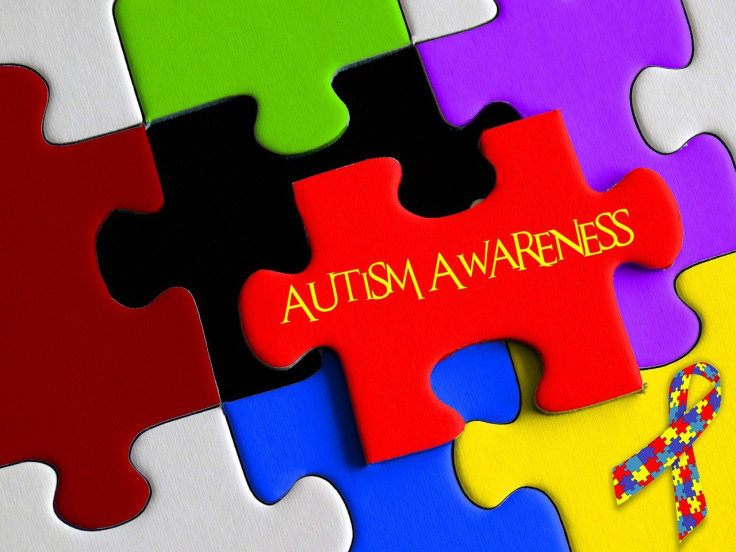Unusual Eating Habits Can Be Early Signs Of Autism In Children, Study Suggests

Unusual eating habits of a child are more likely to be linked to autism, according to a study. The study suggested that a baby as young as 10 months can show some signs of this disorder.
The research that was published in a journal called Research Autism Spectrum Disorders focused on the link between unusual eating behaviors of a child and autism.
The researchers from the Penn State College of Medicine said some of the unusual eating habits of a child with autism are pocketing food without swallowing, hypersensitivity to temperatures or food textures and limited food preferences.
The researchers recommended parents and care takers to closely observe kids’ eating patterns.
“If a primary care provider hears about these behaviors from parents, they should consider referring the child for an autism screening,” lead researcher Susan Mayes said in a statement.
In the United States, many people are diagnosed with autism, according to the Centers for Disease Control and Prevention (CDC). The agency noted that one in every 59 children in the country has this disorder.
Mayes and her team said that it is always better to diagnose this disorder at an early stage mainly because a child can be easily treated by a behavior analyst.
It has already been proved through several studies that behavioral analysis is the most effective method to implement on a preschooler. A behavior analyst uses several interventions, such as giving rewards, to teach a few needed skills and change a child’s behavior.
The lead researcher also said that many children with autism are picky eater and they follow a narrow diet. Their diet mostly consists of chicken nuggets and grain products, like bread and pasta. They are not really interested in trying out new food items mainly because they do not like change.
These kids are even hypersensitive and they often show sensitivity to certain textures. So, they mostly prefer to eat foods of a particular shape, color or brand.
For the study, the researchers analyzed the data of 2,102 children and their eating habits, which they collected from parental interviews of two studies. Among all the participants, nearly 1,500 of them were diagnosed with autism.
Through the research, the scientists tried to find the differences in the frequency of unusual eating habits of children with several disorders, such as attention deficit hyperactivity disorders and autism, as well as normal kids.
At the end of the research, the academics found that over 70 percent of the participants with autism had two or more kinds of unusual eating behaviors. Nearly 13 percent of participants without autism also showed similar habits and they had other types of disorders, like language disorder or attention deficit hyperactivity disorders.
The researchers concluded the study by stating that “the number and types of atypical eating behaviors found only in children with autism and not in children with other disorders or typical development should alert clinicians to the possibility of autism and the need to evaluate for autism in order to facilitate early identification and access to evidence-based treatment."
© Copyright IBTimes 2025. All rights reserved.





















